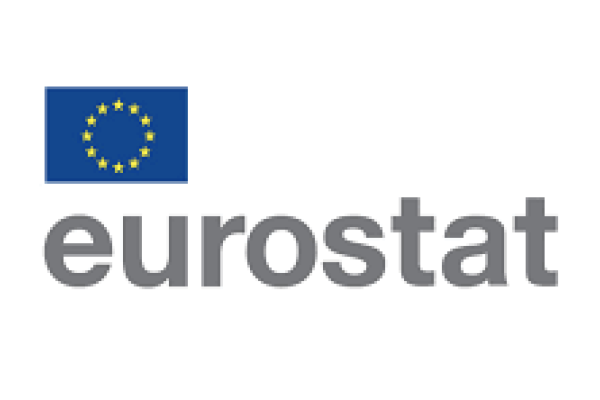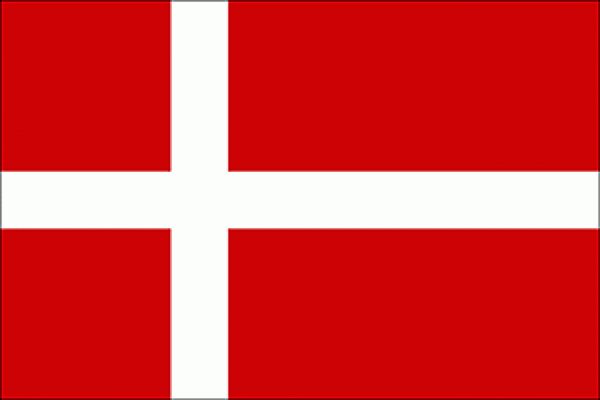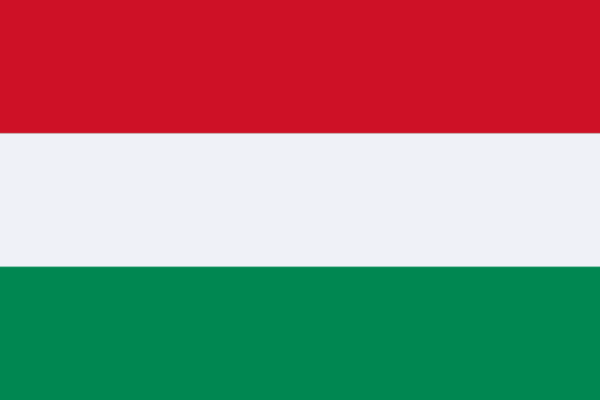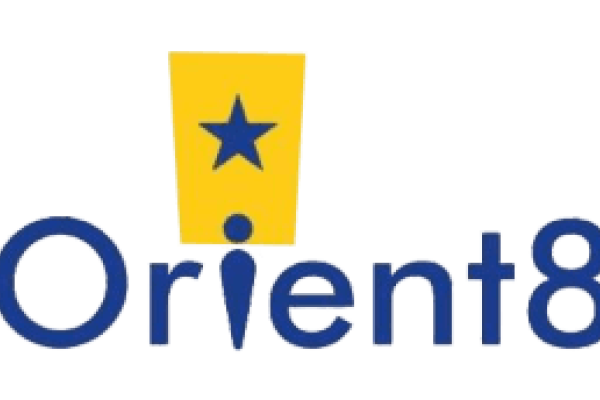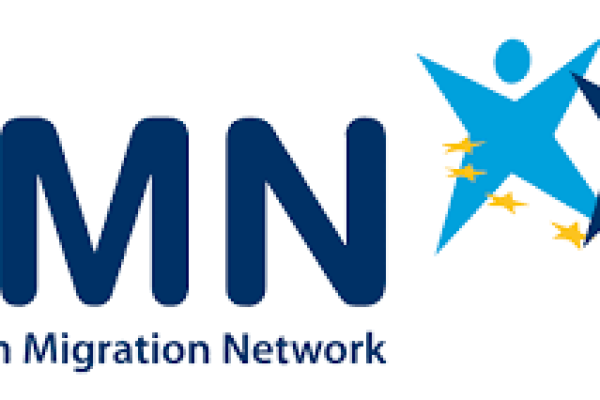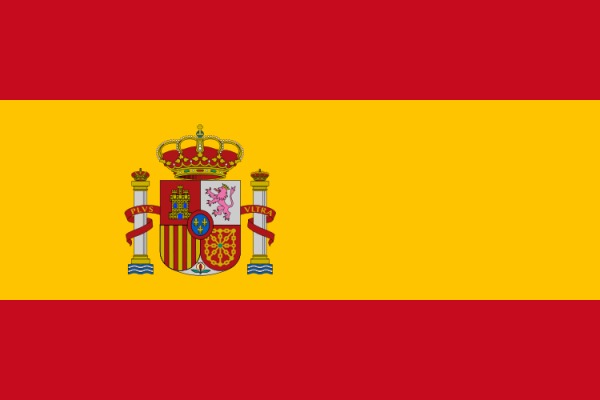|
|
|
Highlights |
|
Where are bridging courses offered to third-country nationals in the EU? How accessible are these courses? Read the latest EWSI analysis to find out, and for an overview of related good practices and common challenges. |
|
|
|
News |
|
In recognition of European Diversity Month this May, Eurostat highlighted some of its data on equality in the European Union (EU). In a dedicated thematic section, it published statistics on 4 of the 6 grounds for discrimination identified in the EU (sex; racial or ethnic origin; religion or belief; disability; age; and sexual orientation), in particular highlighting figures relating to employment gaps for those who are foreign-born. |
|
|
|
|
Following a call for proposals, Slovakia's Ministry of the Interior recently selected a new nationwide integration service provider for the 2024 - 2026 period. The integration programme for international protection holders in Slovakia is co-financed by the European Commission (EC)'s Asylum, Migration, and Integration Fund (AMIF). |
|
|
|
|
The newly-formed coalition of four parties in the Netherlands presented a policy proposal, divided into ten chapters, that includes strict asylum reforms and integration requirements and would instigate an 'Asylum Crisis Law' allowing for far-reaching actions on migration. The coalition will also request EC permission to opt out of the EU migration and asylum policy. |
|
|
|
|
The Polish government adopted a draft amendment of the Act on assistance to Ukrainian nationals in connection with the armed conflict on the territory of this country, expected to come into effect on 1 July. Among other measures, the amendment extends the residence of Ukrainian nationals in Poland until 30 September 2024. |
|
|
|
|
Denmark's national initiative for the integration of refugees, Integrations Grund Uddannelse (IGU), has been extended until 2028. The programme is offered to refugees and people who arrived via the refugee family reunification process, and those who arrived under the Danish special laws for Ukraine and Afghanistan are also eligible. |
|
|
|
Funding opportunities |
|
|
Upcoming events |
|
The Council of Europe Youth Department, PICUM, VOICIFY, VYRE and the Special Representative of the Secretary General of the Council of Europe on Migration and Refugees are organising a seminar - taking place at the European Youth Centre Budapest - to share projects and initiatives that support young refugees and migrants in transition to adulthood. |
|
|
|
Integration practices |
|
In Belgium, the DASPA programme promotes the integration of newly arrived students into French-speaking schools by ensuring the provision of tailored educational support that emphasises language mastery and cultural assimilation. 187 primary education and 70 secondary education institutions in across the country currently run the programme. |
|
|
|
|
The “All children in education (ACE)” initiative, led by UNICEF, facilitates the integration of refugee and migrant children into formal education in Greece through the provision of non-formal education services and other complementary activities. It offers language training, psychosocial support, homework assistance, and materials for teachers. |
|
|
|
|
Lehrkräfte PLUS ist ein einjähriges Qualifizierungsprogramm, das international ausgebildete und erfahrene Lehrer:innen mit Fluchtgeschichte auf einen beruflichen Wiedereinstieg in NRW vorbereitet. |
|
|
|
|
The ORIENT8 project pairs newly-arrived third-country nationals (TCNs) with volunteer members of the local community so that they might navigate the processes of early integration together. |
|
|
|
Documents and publications |
|
The European Mingration Network (EMN) and the Organisation for Economic Co-operation and Development (OECD) published a joint inform examining measures promoting the labour market integration of beneficiaries of temporary protection from Ukraine. |
|
|
|
|
The Greek Ombudsman published a new report assessing the migration situation in Greece, with focus on the conditions and procedures for the reception of applicants for international protection. Specifically, the report looks at changes made since 2017 in terms of improving the institutional framework and simplifying administrative procedures. |
|
|
|
|
This report provides an overview of strategies and recommendations for enhancing the integration of immigrant children in Spanish schools. It is based on extensive interviews with stakeholder experts from several sectors, who analysed and recommended amendments to existing policies and procedures in education for migrant children. |
|
|
|
In case you missed it |
|
What are the main barriers migrants face when looking for housing in the EU? How is housing governed? Catch up on the EWSI analysis published last month to discover over 40 good practices in medium- and long-term accommodation services. |
|
|
|



